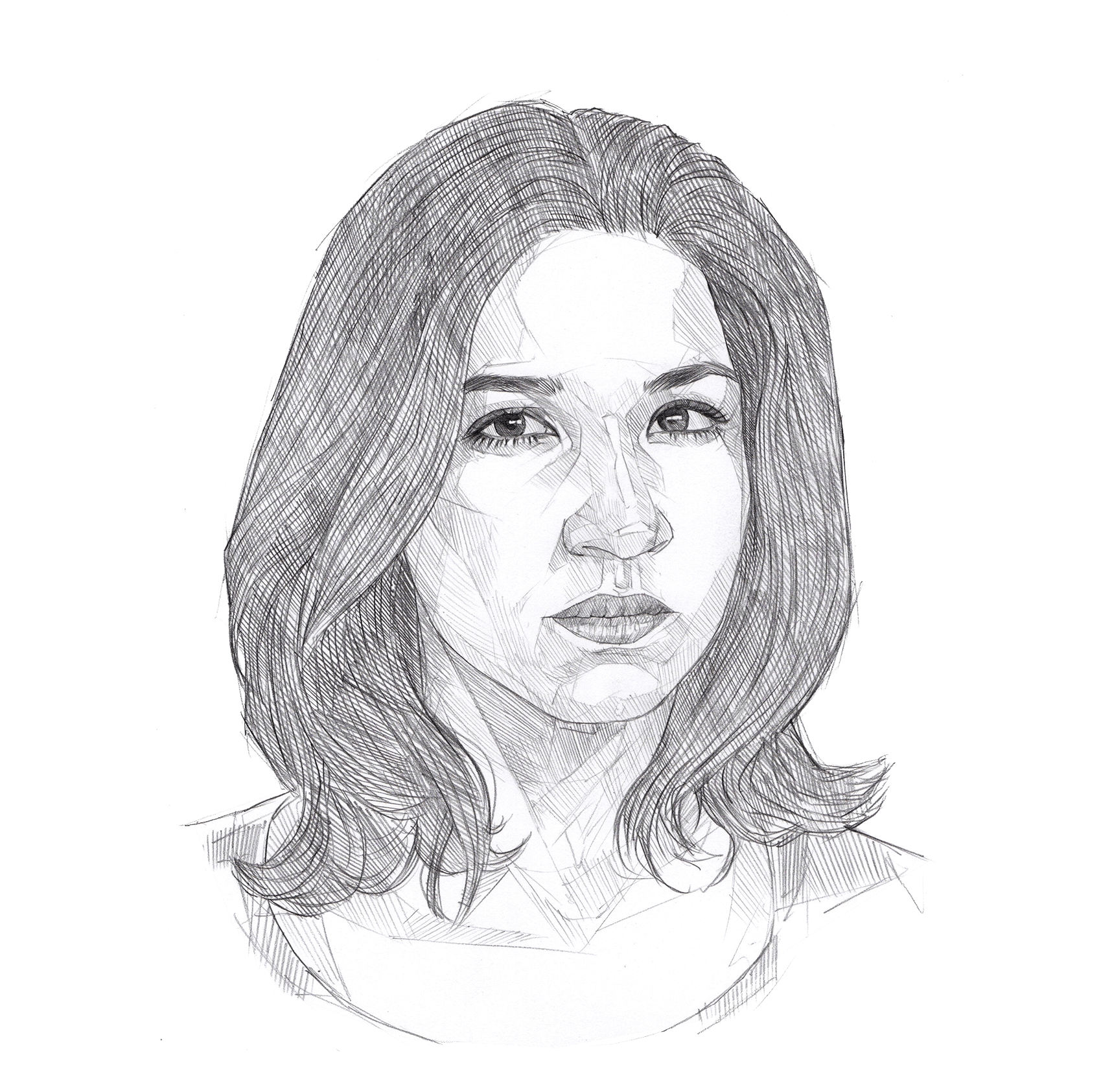Procedural Fairness
What is procedural fairness and how does it relate to university SV/SA policies?
- Universities and colleges in Canada are required to make sure their sexual assault investigations are procedurally fair.
- Procedural fairness includes:
- Making sure that everyone “whose interests are at risk” gets to participate in the process that leads up to the final decision
- Making sure that those making the decision are not biased (Cowan, 2020).
- Different levels of procedural fairness are required for different contexts. According to Cowan (2020):
- “The more a process resembles a court hearing,” the more procedural fairness is required.
- More procedural fairness is required when a decision cannot be appealed than when a decision can be appealed.
- The more serious the potential consequences of a decision, the more procedural fairness is required.
- How does procedural fairness apply in university SV/SA policies?
- Although there are likely to be similarities, different universities may practice procedural fairness in different ways. It is important to examine your university’s SV/SA policy to know how it interprets procedural fairness.
- The Mount Saint Vincent University Policy Against Sexual Assault (Mount Saint Vincent University, 2019), provides a typical example. According to this policy, when a report is filed saying a sexual assault has been committed, the person said to have committed the sexual assault has the right to know:
- That the report has been made
- What the report says they have done
- What evidence exists
- The person said to have committed the sexual assault must have “an opportunity to respond before a decision is made” (Mount Saint Vincent University, 2019, p. 13)
- Those investigating the report and deciding on any consequences resulting from the investigation must be impartial. They must not have biases for or against the complainant or the respondent.
Is procedural fairness relevant when a victim/survivor seeks support from a service provider?
- Rules of procedural fairness only apply when the university conducts an investigation.
- If a victim/survivor talks to a counsellor, health professional, or other support person about an experience of sexual violence, what they say will not be shared with the person responsible for the sexual violence or anyone else.
- For more information, see our definition of confidentiality.

